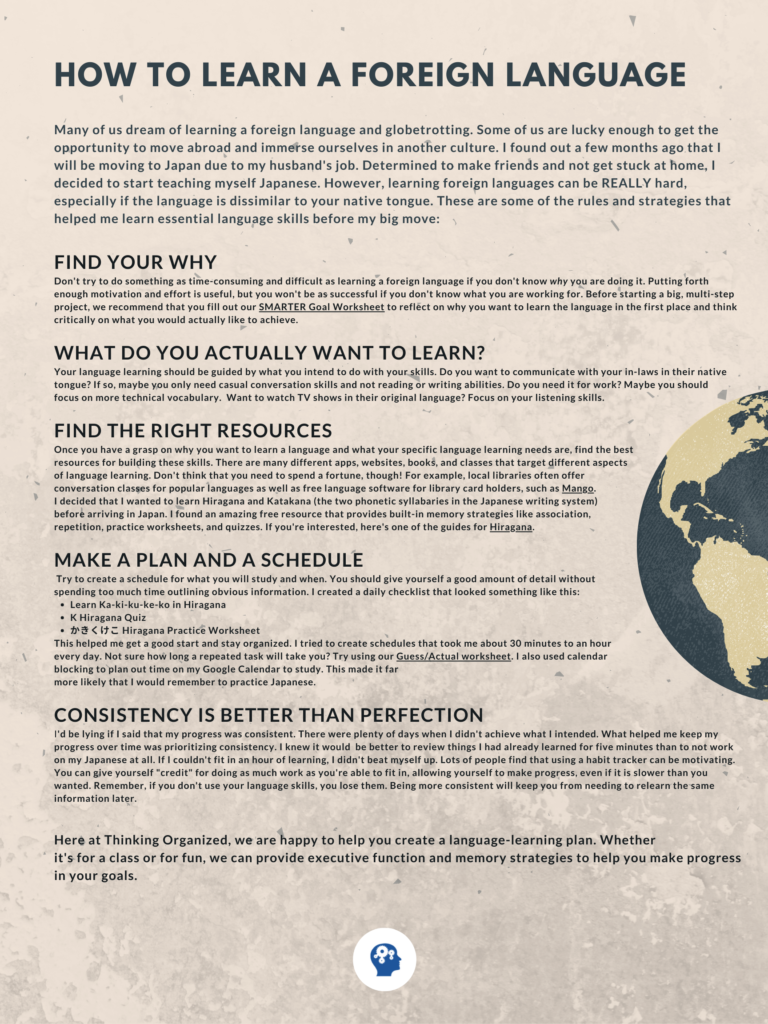Every year, my extended family gathers around the Christmas tree to enjoy a home-cooked meal and exchange gifts. As a child, I always loved our delicious potluck dinners and the joy and merriment of the gift exchange. While I always enjoy the festivities now as an adult, it definitely requires some executive functioning skills to successfully carry out, especially when my extended family includes 15-20 people! While everyone has different holiday traditions, here are a few things that helped me prepare for the gift exchange this year:
- Create lists and brainstorm. I list all of my family members and do a bit of brainstorming before immediately clicking over to Amazon to buy things. I ask myself, “What are their hobbies? Have they mentioned anything recently that they wanted? Have they started a new chapter in their lives (e.g., college, new job)? Do they prefer a practical gift to a fun one? “For example, I know that my best friend has gotten into baking cakes recently and wants a decorative book for her coffee table. I figured that the best gift for her is a nice-looking baking book. Once I’ve decided and bought a gift for someone, I check it off my handy list.
- Utilize a hobby or skill. For the past few years, my aunt has been making her own organic creams and soaps. I appreciate a hand-made gift, so I always look forward to receiving one – plus, she can make them in a batch! Similarly, my grandma loves to make jewelry, so she makes necklaces for each of her granddaughters. If you’re stuck on an idea for a gift, see if there’s a hobby or skill of yours that you can put to gift-giving use!
- Budget. Gift-giving can be expensive. To make sure I’m budgeting appropriately, I use a Google spreadsheet to keep track of my purchases and pick a limit for each gift because it can be easy (and quick) to spend over budget.
- Start early. I usually start buying gifts over a month before the exchange so that I can take advantage of Black Friday sales. Sometimes I even start earlier in the year – summer sales can be the best time to snag a deal for winter goodies.
Of course, the holidays shouldn’t be a stressful time, and there are many ways to make sure it is a fun one instead (luckily, we decided on a White Elephant this year). Regardless of how your family likes to celebrate, there are many ways to help you enjoy the process. Happy holidays, and let the gift shopping begin!
 THINKING ORGANIZED
THINKING ORGANIZED


